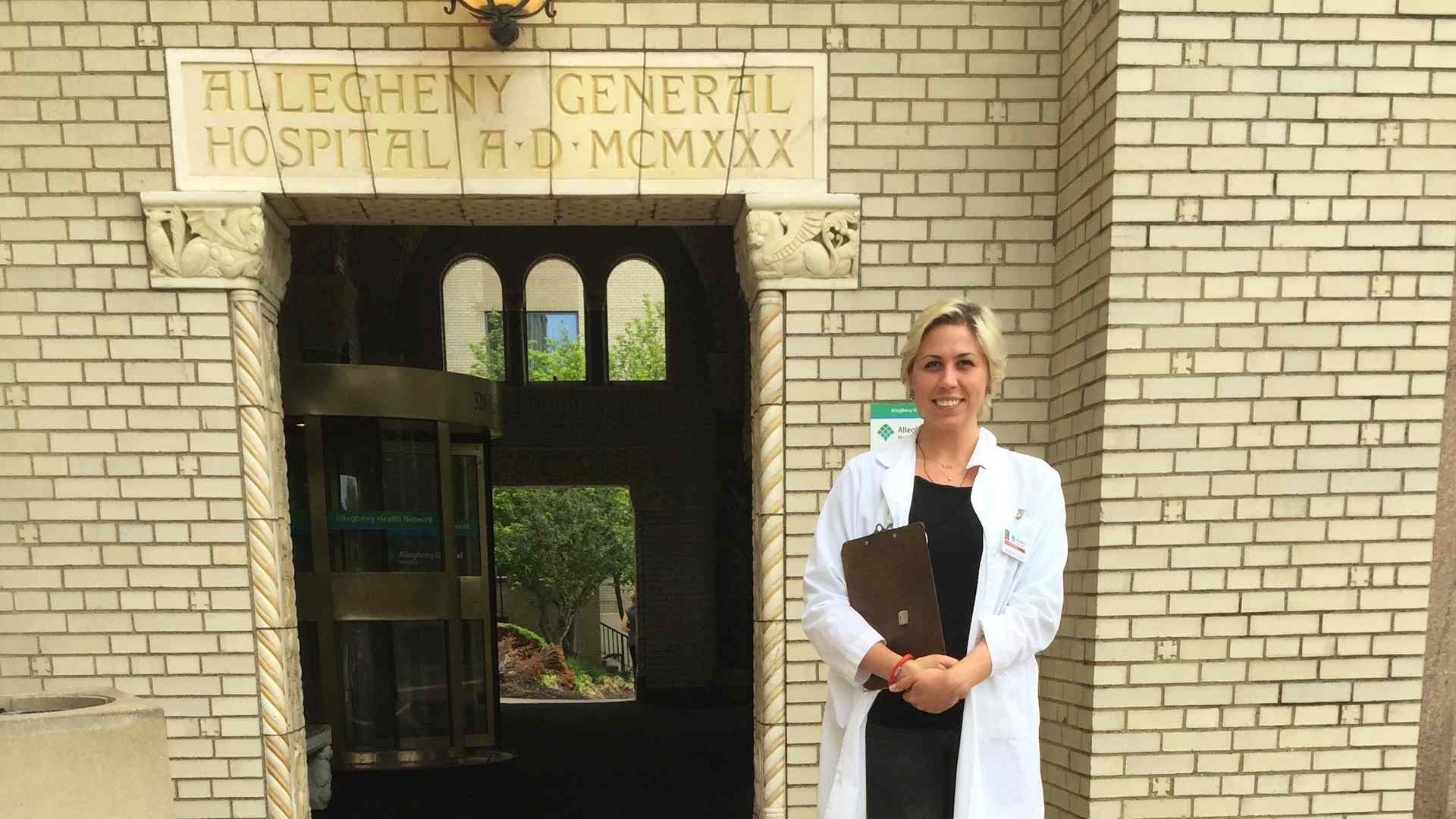
This article about a viola alum who’s working on her doctorate in counseling psychology is part of a series of articles about how Juilliard community members are engaged in helping the world in these unprecedented times
By Katerina Istomin
Take a deep breath in and let it out with a big sigh.
Breathe and become present. Check in with what you’re feeling. Reflect on your past week and your past few months, and with awareness, give yourself permission and space to acknowledge anything that comes up. If what you recognized made you feel uneasy, anxious, or even fearful, the good news is that feelings aren’t facts! While it may not be possible to erase these feelings, acknowledging and naming them can teach us a lot about who we are and who we want to become.
Two of the feelings that define the last six months for many people have been loss and grief. These emotions have come up with my therapy clients, friends, colleagues, family members, strangers who hear that I’m a therapist, and also in my own life. As 2020 keeps testing us (what happened to the murder hornets?), it can feel like our emotional foundations are crumbling, compromising the structure of our lives through abstract losses of general certainty and security as well as concrete losses like jobs and contact with others. If you have felt at all disoriented, in pain, untethered, blindsided by the absence of what was and or uncertainty of what will be, please know that you are not alone.
As performing artists, we spend much of our time in solitude, practicing and preparing for the next milestone of our careers. We also know that all that time and sacrifice is with the intention of sharing our art with others: our colleagues, our teachers, and our audiences. Unfortunately, the pandemic has forced us apart and uprooted the moments and spaces where we find meaning and reward, yielding a stark, unimaginable reality where the connectedness we depend on to balance our solitude is out of reach. Perhaps your next exciting audition was canceled, that summer music festival moved to an undetermined future date, or your graduation ceremony lost its luster and meaning over Zoom. These bygone milestones can feel like tremendous losses where we have not only lost our art but also our outlets to express the grief we feel at its loss.
I am frequently asked about why I have changed careers from musician to psychologist. Initially, this was a difficult question to answer because I still defined myself as a musician, a violist. It was thrilling travelling the world with my instrument, playing with the New World Symphony, performing chamber music, recording for Deutsche Grammophon, and building beautiful friendships. Stepping away from performance was difficult because I was faced with the grief of losing what I believed would be a part of myself forever. Through grieving this loss, I have gained appreciation for how the performing arts and psychology are at heart about communication, with oneself and with others. Through both mediums, we find a way into what hasn’t yet been accessed, observed, or felt. Opening up my identity has allowed me to recalibrate the experiences on which my brain and my emotions have relied to guide my life forward, giving me more space to identify and turn to my deepest values and skills for the service of others.
Grief and sadness are important because each serves a vital function. They ask us to slow down, recalibrate, turn inward, and even connect us to others in powerful ways! My hope is that you can allow yourself the time to feel what comes up and to use it as a tool for identifying, honoring, and adapting to what may be missing in light of the pandemic and anything else you may be going through. As artists we may feel a sense of responsibility to our craft, our community, and ourselves. While we can find motivation and inspiration from lots of different places, I also urge you to connect with what it feels like to be uniquely you and tap into those resources because you are capable, you are resilient, and you can make a difference!
If you feel like you need additional support, do not hesitate to pursue these resources:
Juilliard Health and Counseling Services
National Suicide Prevention Lifeline (800) 273-8255
COVID-19 Digital Mental Health Resources and Apps
NYC-WELL
Text “WELL” to 65173, call (800) NYC-WELL, or chat online
Email me at [email protected]; I’d be happy to hear your thoughts and ideas and point you toward other resources.
Katerina Istomin (BM ’08, viola), a doctoral candidate in counseling psychology who is completing her predoctoral internship at Cleveland State University, is principal violist of the Ensemble Double Sens, a yoga teacher, and the proud mom to a Great Dane named Ziggy